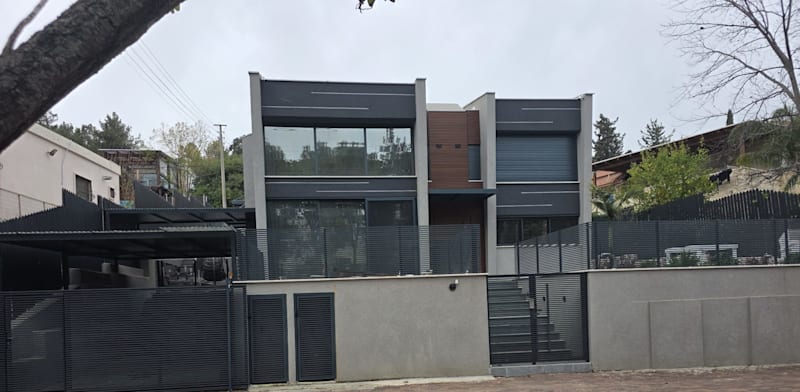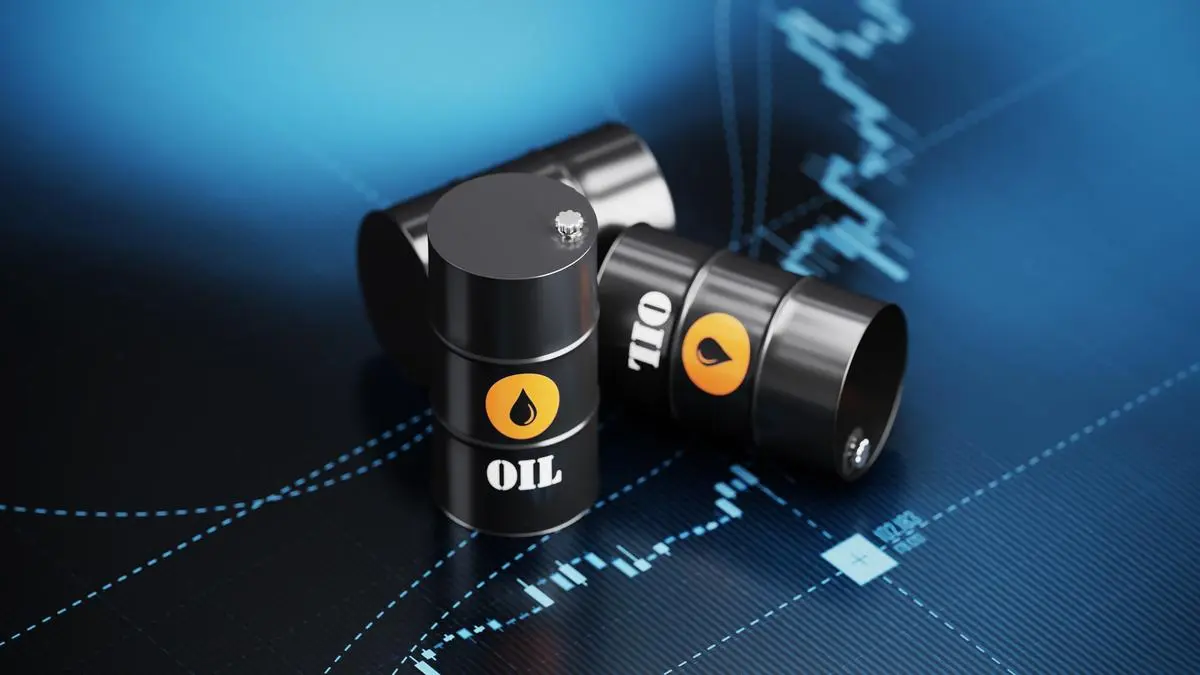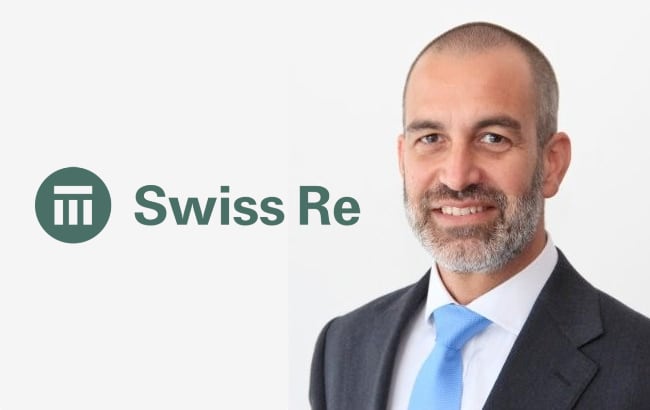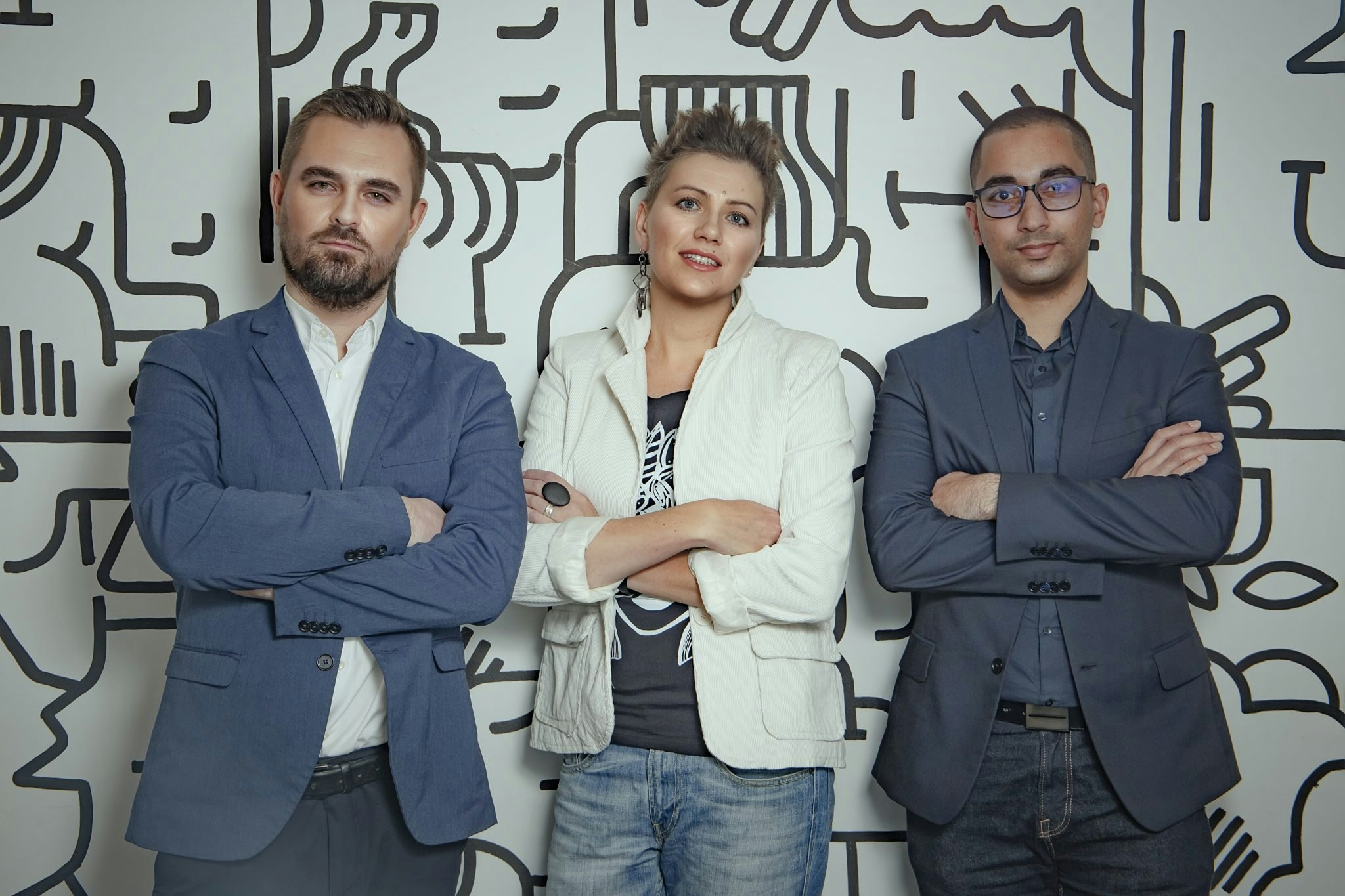Brand new Lithuanian VC firm Baltic Sandbox Ventures has raised €10m for its first deeptech fund, out of a target final close of €13m. It’s the first VC in the Baltic region that focuses solely on early-stage deeptech and life science solutions — something which, its founders say, can help to build a whole new ecosystem almost from scratch.
“We saw this blue ocean with no competition on the one hand, [and] on the other hand, the whole ecosystem is asking for it. We have a lot of talent in the Baltic region, engineering talent, scientific talent — you just can’t imagine how good it is,” says Sandra Golbreich, one of three partners at Baltic Sandbox Ventures.
Where will the money go?
The fund will be split into two equal parts of €6.5m, one aimed at pre-seed and the other seed investments.
The team wants to accelerate up to 60 teams (with an acceleration ticket of €25.5k). It also aims to invest in 23 teams at the pre-seed level (with tickets of up to €100k) and complete 18 follow-on investments at seed stage of between €200k and €400k.
If a startup completes the whole Baltic Sandbox journey, it can receive €525k. But startups seeking investment don’t have to go through the full programme. It’s possible, for example, to only receive seed funding without participating in the acceleration phase.
The VC will be active across different sectors in deeptech and life sciences, and is especially interested in solutions that are patented or patentable.
What’s the VC’s background?
The VC’s founders — Golbreich, Andrius Milinavičius and Erik Bhullar — previously run a regional accelerator, also called Baltic Sandbox, which has helped startups such as personalised pet food company Zenoo, procurement platform ViaCorex and yacht charter aggregator SEARADAR.
Who has Baltic Sandbox Ventures raised money from?
The anchoring investor is INVEGA, a Lithuanian government agency, with the rest of the cash coming from private investors including Vytautas Kašėta, cofounder of SUPER HOW?, and Pijus Makarevičius, founder of Furniture1.
Sifted’s take
Central and eastern Europe, the Baltic region included, is well known for its top engineering talent and strong technical skills — a prerequisite to building successful deeptech companies. For many years, the availability of this talent hasn’t translated into a host of successful high-tech companies.
One reason for this has been the lack of funding. While the investment in deeptech is steadily increasing across the Baltic region (the sector’s received $90.3m so far in 2022, in comparison to $69.4m last year, according to Dealroom), it’s still significantly lower than in the rest of Europe.
This is slowly changing, with new funds emerging with a strong focus on deeptech (the recent €150m fund of Poland’s OTB VC, for example) and growing interest from international investors.
The other reason is the lack of business experience among the skilled engineers. This is where the grassroot, accelerator-like work of VCs like Baltic Sandbox can be especially useful.
Zosia Wanat is Sifted’s central and eastern Europe reporter, based in Warsaw. She tweets from @zosiawanat




































